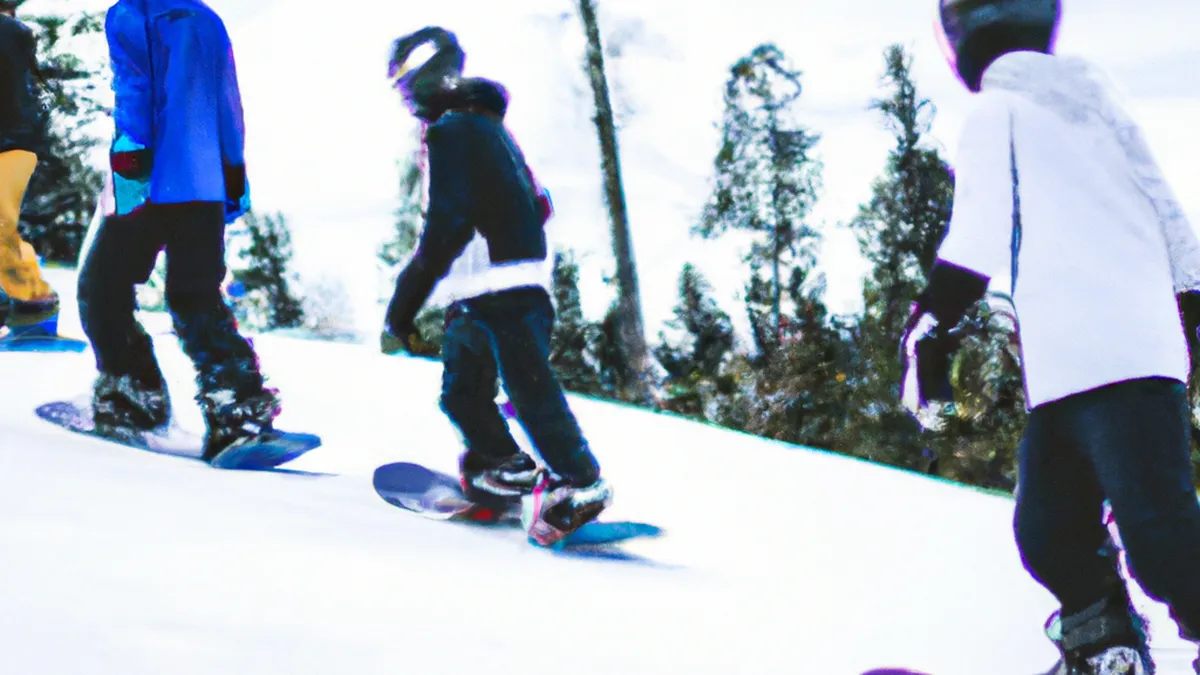Terrain Assessment for Backcountry Runners (Snowboarding)
Selecting Lines in Backcountry TerrainExploring backcountry terrain thrills outdoor enthusiasts. Untouched landscapes, crisp mountain air, and adventure create unforgettable experiences. Selecting the right lines ensures safety and enjoyment. This guide provides essential knowledge and techniques for navigating backcountry areas.
Understanding Terrain Features
Study the terrain features before selecting a line. Every mountain has unique characteristics that can impact safety and experience.
Assessing Slope Angle
Slope angle significantly influences avalanche risk. Slopes between 30 and 45 degrees pose the highest danger. Use a slope meter or smartphone app to measure angles accurately. When unsure, choose lower-angle terrain for safer, enjoyable runs.
Identifying Snow Conditions
Snow conditions can change quickly due to temperature, wind, and recent snowfall. Fresh powder may hide hazards like rocks or unstable layers. Check the snowpack for signs of instability, such as cracks or whoomphing sounds. Monitor the avalanche forecast and local conditions for informed decisions.
Analyzing Visibility
Visibility can deteriorate quickly in the backcountry due to fog, snowfall, or low light. Assess your surroundings before committing to a line. If visibility worsens, consider altering your route. Knowing when to turn back is as important as pushing forward.
Tips for Selecting Lines
As an Amazon Associate I earn from qualifying purchases.
Gear tip: consider snowboard helmet, snowboard gloves, and impact shorts to support this topic.
Choose the right line with careful consideration and a strategic approach. Here are essential tips for navigating backcountry terrain.1. **Plan Ahead**: Research the area before your journey. Familiarize yourself with topographical maps and terrain features. This knowledge helps you make informed decisions on the ground.2. **Use a Partner**: Always travel with a buddy. A partner offers a second perspective and helps assess risks more accurately.3. **Trust Your Instincts**: Your intuition can help you avoid danger. If something feels off, back off and reassess the situation.4. **Take Your Time**: Rushing can lead to poor decisions. Slow down and evaluate your surroundings before committing to a line.
Conclusion
Selecting the right lines in backcountry terrain requires knowledge and careful assessment. Follow these guidelines for a safe and enjoyable experience.
Below are related products based on this post:
FAQ
What should I consider before selecting a line in backcountry terrain?
Before selecting a line, it’s essential to study the terrain features, slope angle, snow conditions, and visibility. Each of these factors can significantly impact both safety and the overall experience in the backcountry.
How does slope angle affect avalanche risk?
Slope angle is a crucial factor in determining avalanche risk, with slopes between 30 and 45 degrees being the most dangerous. It’s advisable to use a slope meter or smartphone app to measure angles accurately and to opt for lower-angle terrain when in doubt.
Why is it important to monitor snow conditions?
Monitoring snow conditions is vital because they can change rapidly due to temperature, wind, and snowfall. Fresh powder may conceal hazards, so checking for signs of instability, such as cracks or whoomphing sounds, is essential for making informed decisions.















Post Comment